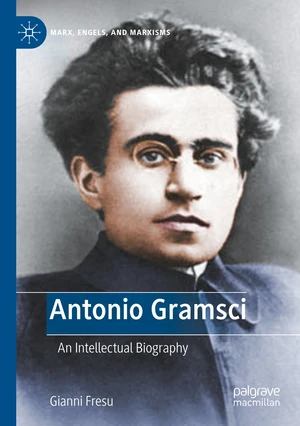This intellectual biography provides an organic framework for understanding Antonio Gramsciâs process of intellectual development, paying close attention to the historical and intellectual contexts out of which his views emerged. The Gramsci in Notebooks cannot fully account for the young director of LâOrdine Nuovo, or for the communist leader. Gramsciâs development did not occur under conditions of intellectual inflexibility, of absence of evolution. However, there is a strong thread connecting the âpolitical Gramsciâ with Gramsci as a âcultivated man.â The Sardinian intellectualâs life is marked by the drama of World War I, the first mass conflict in which the great scientific discoveries of the previous decades were applied on a large scale and in which millions of peasants and workers were slaughtered. In all of his theoretical formulations, this dual relation, which epitomizes the instrumental use of âsimpletonsâ by ruling classes, goes beyond the military context of the trenches and becomes full-fledged in the fundamental relations of modern capitalist society. In contrast with this notion of social hierarchy, which is deemed natural and unchangeable, Gramsci constantly affirmed the need to overcome the historically determined rupture between intellectual and manual functions, due to which the existence of a priesthood or of a separate caste of specialists in politics and in knowledge is made necessary. It is not the specific professional activity (whether material or immaterial) that determines the essence of human nature: to Gramsci, âall men are philosophers.â In this passage from Notebooks, we find the condensed form of his idea of âhuman emancipation,â which is the historical need for an âintellectual and moral reformâ: the subversion of traditional relations between rulers and ruled and the end of exploitation of man by man.
Price history
Nov 3, 2022
€34.13

